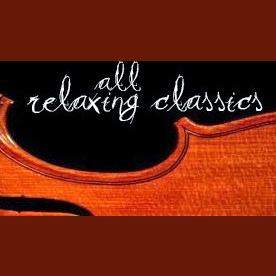
Boris Goldovsky (Cyrillic: Борис Голдовский) (June 7, 1908 - February 15, 2001) was a promoter and popularizer of opera working in the United States of America. As a broadcaster, impresario, and conductor, he became prominent within the American operatic community between 1946 and 1979. He has been called one of the most important popularizers of opera in America. In the summer of 1940, the Russian-born pianist, conductor, and stage director reported for duty at the newly established Berkshire Music Center. He was there to help run the opera department, and in his introductory meeting with the Boston Symphony Orchestra's music director Serge Koussevitzky, he owned up to a secret agenda: "I would like to find out what would happen if we were to treat opera singers like full-fledged artists and not like unmusical and clumsy marionettes who cannot be trusted to think for themselves," he said, as recalled in his memoirs.
